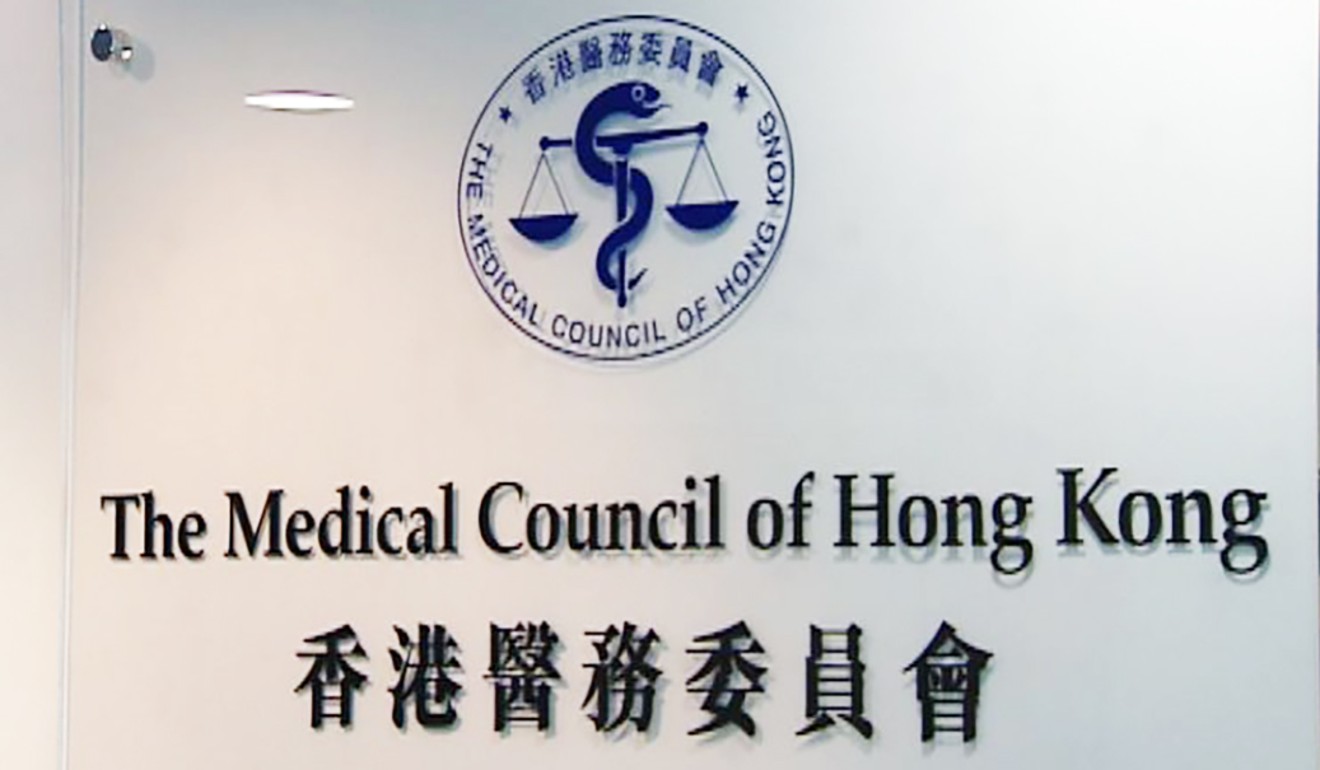
Medical Council chief calls for open vote on foreign-trained doctors amid Hong Kong’s crippling staff shortage so ‘everyone is held responsible’
- At issue is whether to exempt foreign-trained doctors from internship requirements
- Council under fire for failing to pass proposals to recruit more doctors
“Everyone needs to be held responsible for their votes to let the public know what vote was cast – and by whom,” said Professor Joseph Lau Wan-yee, chairman of the Medical Council, on Thursday on two local radio shows.
Lau’s remarks came after the 32-member Medical Council, the body that licenses the city’s doctors, faced criticism for failing to pass any proposal to fully exempt overseas-trained doctors from a mandatory internship after they passed the city’s licensing exam.

After the proposals failed to pass, several council members blamed the voting system that required members to declare their stance on each of four plans, rather than choosing one preferred option.
In the end, none of the four proposals won enough support in the April 3 vote, which was conducted with secret ballots. Some of the council members directed their anger at Lau for approving the voting method, and suggested there was a actually a consensus to relax the internship requirement.
In response to public outcry, different groups – including the government and the Hong Kong Medical Association – openly declared their support for easing the requirement.
Lau on Thursday said he hoped the next voting session on May 8 would be done in a more transparent manner. He said secret ballots were used in the last meeting at the suggestion of a council member.
Dr David Lam Tzit-yuen, a council member and the vice-president of the association, said he had no problem with Lau’s request.
I was very surprised with the voting outcome because there had been a consensus [before the vote]
“I don’t mind open ballot. The Legislative Council also uses open ballot,” said Lam, adding that further discussion on the topic might be needed before the vote.
Secretary for Food and Health Professor Sophia Chan Siu-chee said in a Legco meeting on Thursday that she was aware the council would discuss the proposals again.
When asked by lawmaker Michael Tien Puk-sun about her views on an open ballot, she said: “I would support any methods that are open and transparent.”
Chan pointed out that the government had given resources to the Hospital Authority, which runs the city’s public hospitals, to retain manpower and hire more overseas-trained doctors.

By the council’s rules, no voting is allowed on any resolution that had already been voted on in the past six months. But in statement on Wednesday, Lau said he would propose a suspension of that rule in the next meeting so the issue of the doctors’ shortage could be addressed. He said he believed two-thirds of the council supported the suspension.
He added that the voting on April 3 had come as a shock.
“I was very surprised with the voting outcome because there had been a consensus [before the vote],” said Lau. He added that there were only slight differences between the four proposals.
One of the four proposals would require foreign-trained doctors to acquire three years’ work experience with the Hospital Authority, one of the city’s two medical schools or the Department of Health, as well as passing the licensing exam during that time.
Disappointment across the board as Hong Kong Medical Council rejects solutions to solving city’s shortage of doctors
Another required the doctors trained overseas to work for those public institutions for three years after taking the licensing exam.
The other two had a similar requirement on time spent in the public sector, but limited it to working with the authority.
In response to criticism of the council’s voting process, Lau said the method was adopted after two members said they would object to all of the options.
He said he expected the next meeting to be long because voting would be required for a range of decisions, including choosing a voting method.

